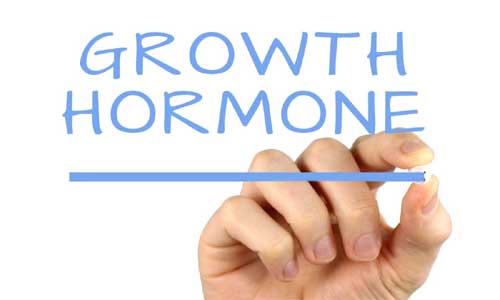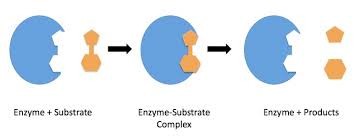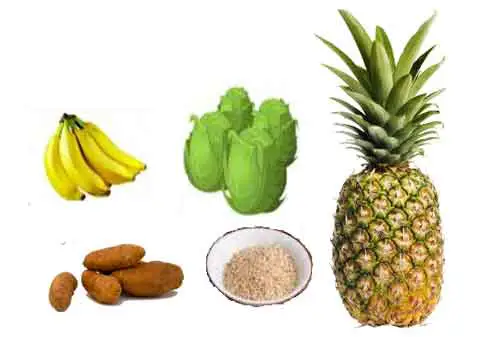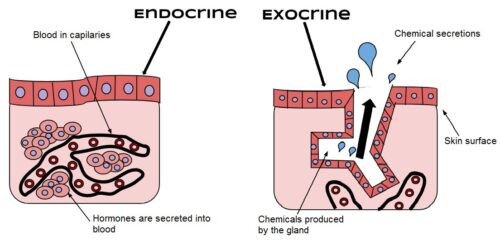Roles of Hormone in Human Body Growth
There are many hormones in the human body. Among them growth hormone and the thyroid hormones play an important role in the growth of the body. Growth hormones are secreted from the hypophysis or pituitary gland, also known as master gland while the thyroid hormones are produced from the thyroid gland. Growth Hormones and its … Read more




